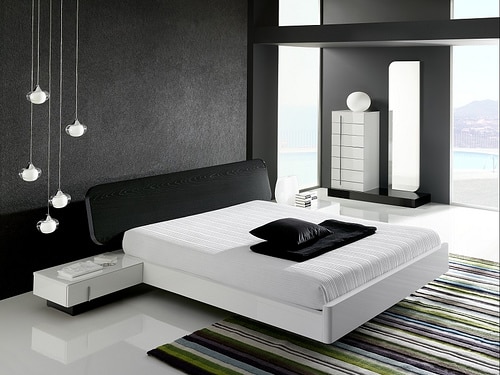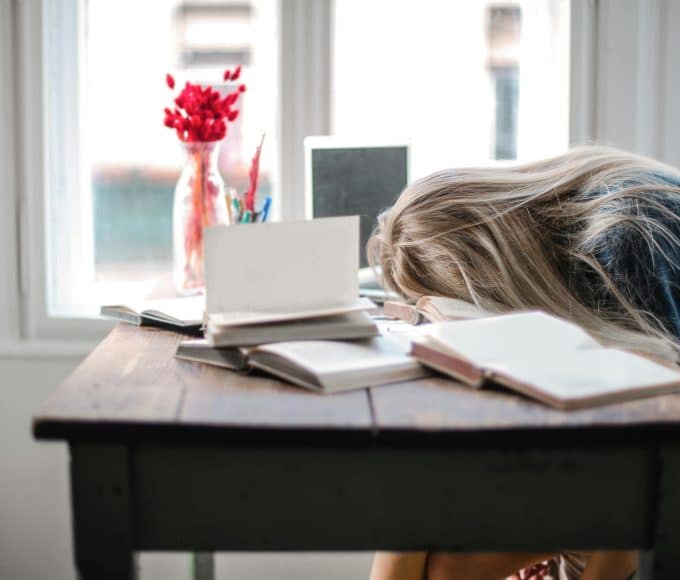 Around one third of the population suffers from insomnia. The effects of sleep deprivation can be far more severe than just “feeling tired during the day.” Sleep deprivation can have a serious impact on your health and wellbeing, and is one of the leading sources of car accidents too.
Around one third of the population suffers from insomnia. The effects of sleep deprivation can be far more severe than just “feeling tired during the day.” Sleep deprivation can have a serious impact on your health and wellbeing, and is one of the leading sources of car accidents too.
Insomnia is caused by many different things, but the main issues are poor sleep hygiene (what you eat, drink, and do in the hour or so before bed), and poorly designed bedrooms. If you struggle to get to sleep at night, try the following tips to increase your chances of a good night’s sleep.
- De-clutter: A tidy house promotes a tidy mind. If you have to play hopscotch to avoid clothes on the bedroom floor, and your dresser is so full of clutter that you’re nervous about reaching over to shut off the alarm clock on a morning, then there’s a good chance that the clutter distracts you at night. Just tidying up your bedroom may help to promote a more restful mood.
- Opt for restful colours: Bold, bright colours are great for living rooms, but pastel shades are much better if you want to produce a restful environment.
- Buy a new mattress: If your mattress is sagging or wearing thin in places, buy a new one, and spend a little extra for a foam mattress topper too. Old mattresses are a common cause of insomnia, and back pain. A nice firm new mattress will improve your sleep quality, and a thin mattress topper will protect your investment from wear and tear, and add years to its life.
- Shut out the light: A good set of blackout window blinds can do wonders for insomnia. Blackout window blinds, if fitted perfectly to the size of your window, will block out light from nearby cars, houses, and street lamps, leaving you to sleep in blissful darkness.
- Improve the air quality: During the day, open the windows in your bedroom to let some fresh air in. If you have allergies, invest in an ioniser to improve the air quality in your room. Allergy bedding can be a good investment too. Avoid using chemical based air fresheners in your bedroom. If you enjoy scents, burn some candles before bed – but for safety reasons, put them out before you turn out the lights!
- Watch the humidity: Excessively dry air can be a bad thing, but very humid air is even worse for making you feel tired and drained, and can cause mould build-up. If your bedroom is near the bathroom, or the room where the tumble drier is used, then you might want to try using a portable dehumidifier to reduce the steam that makes it to your room.
Finally, it’s a good idea to avoid coffee, heavy meals, and stimulating activities late at night: If you’re jittery from caffeine, feeling full, or still racking your brains for the answer to that brain-teasing puzzle, you probably won’t sleep very well!
This article was written by Amy Fowler on behalf of Moonshadow Blinds, who offer made to measure blinds and blackout window blinds in many different styles.














